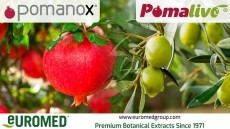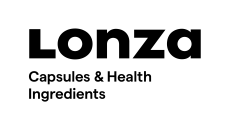Broccoli et al. may reduce breast cancer risk: Meta-analysis

Scientists from Zhejiang University report that the protective effects of cruciferous vegetables were most likely due to the content of glucosinolates in the vegetables, which the body converts to the anti-cancer compounds isothiocyanates and indole-3-carbinol.
Case-control studies providing data for 18,673 breast cancer cases indicated that the benefits were only statistically significant for postmenopausal breast cancer, with no effects observed for premenopausal women.
Writing in the journal The Breast, the researchers noted that, given the small number of studies, “no firm conclusions can be drawn at the present time.
“Further prospective cohort studies with larger sample size, well-controlled confounding factors, are needed to affirm the protective effect of cruciferous vegetables on breast cancer,” they added.
Study details
The Chinese researchers identified 13 epidemiologic studies, 11 of which were case-control studies and the remaining two were cohort studies. Combining the data revealed that high intakes of cruciferous vegetables was linked to a 15% reduction in breast cancer risk.
“Findings from this meta-analysis suggest that cruciferous vegetables consumption may reduce the risk of breast cancer,” they wrote. “Because of the limited number of studies, further prospective studies are needed to explore the protective effect of cruciferous vegetables on breast cancer.”
Source: The Breast
Published online ahead of print, doi: 10.1016/j.breast.2012.07.013
“Cruciferous vegetables intake is inversely associated with risk of breast cancer: A meta-analysis”
Authors: X. Liu, K. Lv















